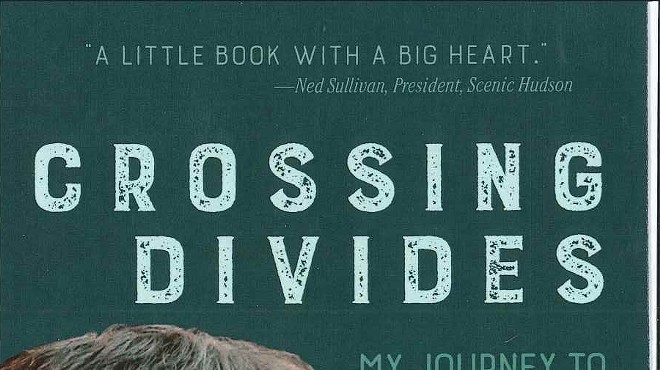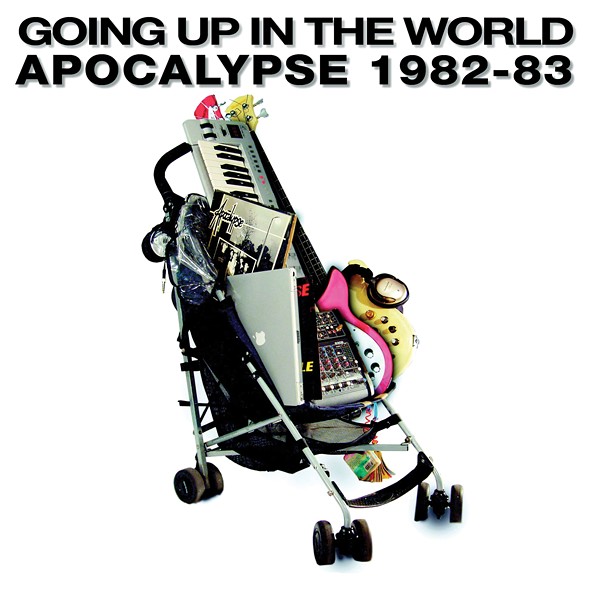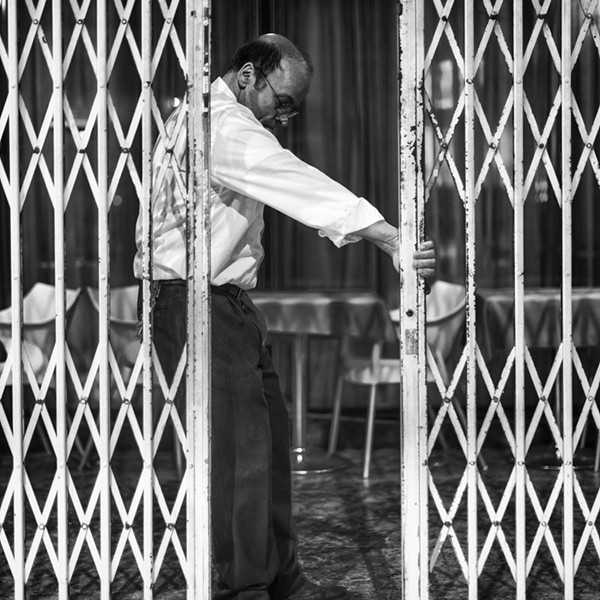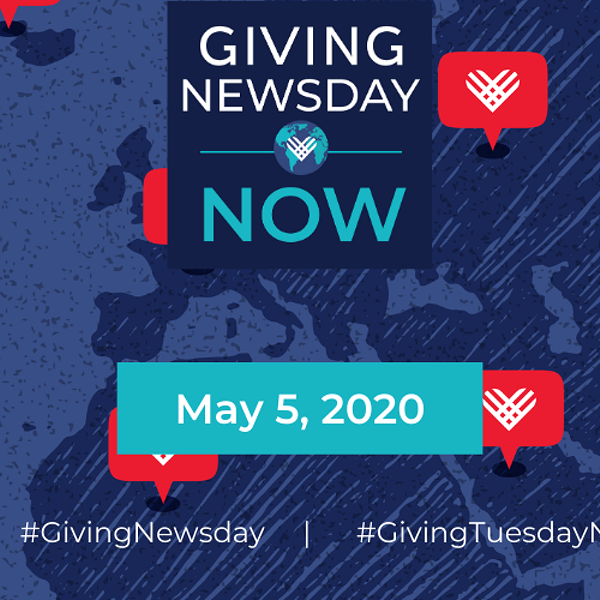Build thyself a ship;
Take with thee thy near ones.
And what birds and beasts thy wilt;
Irrevocably have the Gods resolved
To flood the land of Shuruppak.
—Utanapishtim, The Gilgamesh Epic
Someday a real rain will come and wash all this scum off the streets.
—Travis Bickle, Taxi Driver
Esteemed Reader of Our Magazine:
With all this talk of the end of the world, it's hard not to consider the topic. Never mind that all the fervor about an apocalypse has been fueled and fanned by sensationalist media outlets, feeding a bottomless appetite for baseless fear. And the Mayans predicted no such thing. Rather, they spoke about an opportunity to celebrate a symbolic new beginning, like our annual new year celebration, only theirs was a galactic year of 26 thousand solar years, the same as the precession of the equinoxes.
But I don't want to reject outright the possibility of the world ending. Rather, I'm interested in how to take the suggestion and turn it into something productive. For instance, I am reminded of shaman Don Juan's inner work task for his apprentice to stop the world. Now that is interesting! For what really is "the world"? And what would its "end" look like?
When I ask myself these questions, I realize first that I do not know what the world is; that what I assume to be the world is a collection of preconceptions and assumptions about who I am, who you are, what things are, and what's going on. I'm so packed with explanations and names for things that I often forget to look again and notice what's actually there. One quality that is clearly absent, as I travel around in this comfy corpuscle of data, is mystery. And I love mystery. So if this "known" place is the world, I would certainly like it to end, and end soon.
As Rumi said, "You're home is not where you are. You're home is where you are going!"
In reality (a place I seldom inhabit, but have occasionally glimpsed), the world is deeply and powerfully mysterious, as well as beautiful. I am reminded of the Zen story of the man chased to the edge of a tall cliff by a hungry lion, where he swings down on a vine to escape attack. He's hanging from the vine and sees above him two mice (one white and one black) beginning to gnaw at the vine, which will soon snap, sending him plummeting. At that moment, he notices a ripe, juicy strawberry on a plant growing from a crack in the rock face. With one hand, he lets go of the vine and plucks and eats. The strawberry is delicious.
But do we need to almost die to stop the world? Probably. Or, at least, in a way.
Utanapishtim, in his description to Gilgamesh, continues:
O man of Shuruppak, son of Ubartutu:
Tear down the house and build a boat!
Abandon wealth and seek living beings!
Spurn possessions and keep alive living beings!
Make all living beings go up into the boat.
If my world is to end, what will be left? This text suggests that what is preserved is what is alive in me. My baggage of preconceptions, my "wealth," is dead. It will be washed away by the flood. What will be saved is the vital, living spark of reality. To prepare for the end of days, to be ready, is not to concoct or embrace some new dogma or worldview, but to nourish what is real and true both inside and out—to "keep alive living beings!"
There is a fixation on the end of the world that sometimes verges on the perverse—almost like we secretly hope it will happen. Those who take it literally madly pack and repack their bug-out bags and stock their root cellars with cases of ammunition and canned spam.
And yet, there is an inherent rightness in wishing for the end of what we know to be the world, and to step into a real, unmediated state of perception of the authentic beauty and truth that is always available if we can take off our blinders and see.
The larger world, as defined by our collective assumptions and the media narrative, is deeply frightening and irrational, even verging on the insane. But truly, if enough of us can shake off the yoke of our fixed ideas, disengage from the media narrative, and boldly step into the unknown realm of presence, we can not only stop that world, but even prepare a new one.
Learning To Be Human is a curated selection of Jason Stern's "Esteemed Reader" columns available in book form. Click here for more information or to get your copy.


















